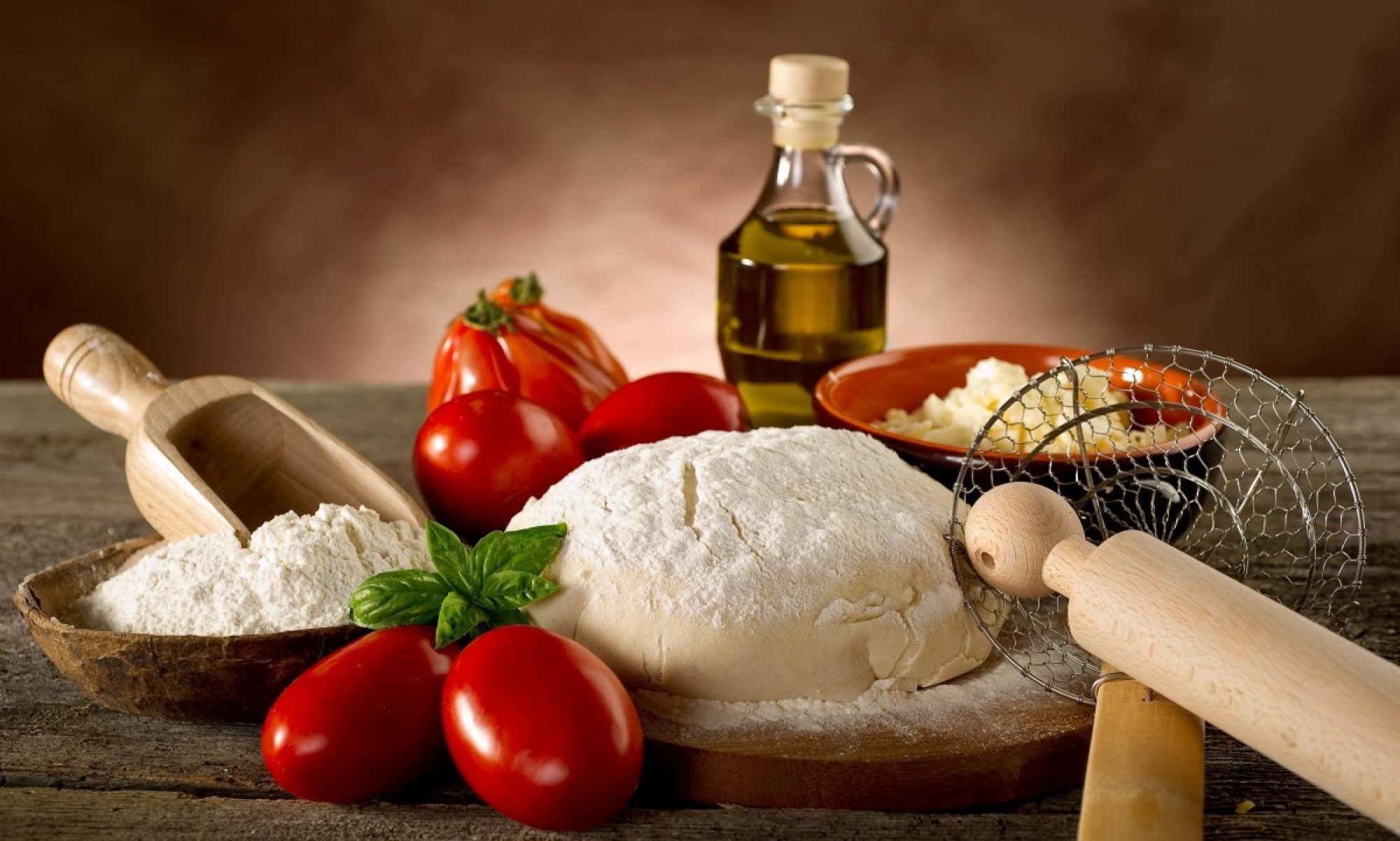For this study, I decided to interview a close friend whose culture is very similar to my culture. Her family has cultural practices originating from Jamaica and Lebanon. While my family has cultural practices originating from Nigeria. We both have similarities in that many of our cultural practices originate from Africa, yet there are still some differences. I am conducting a study on her in order to evaluate how the differences in our culture are reflected in how we prepare food. In my evaluation of her culture and how the kitchen table is used, I am applying the anthropological methods mentioned in Eating Culture: an anthropological guide to food. Some of the methods I will use include using cultural relativism, participant observation, genealogy, and cultural comparison.
I stood with my friend as she was making meals with her mom and asked her how meals were eaten on regular occasions. She responded: On regular occasions, before and after meals the kitchen table is used for her to study and for her parents to do work. During meals, it was usually just herself at the kitchen at the dinner table and her parents stayed in the living room to unwind. School was the only time that she would have a communal meal and where she would feel normal. This was similar in her family history as her grandparents would also leave her mom at the dinner table with her siblings. It was hard to keep her family together for meals since the adults were always preoccupied with work and other issues.
Then I asked her about what special occasions were like. She responded: usually, family gatherings were for special holidays such as Christmas or Thanksgiving. During these events, adults and children would sit together separately out of respect for their elders. Even as she got older, her family separated the younger family members from the older family members. Fish Frys are events where her family members would help each other cook. It was also expected for the women in the family to serve the meals to the men but everyone else self serves their food. These occasions people would eat together in the living room to watch TV rather than the kitchen table. People don’t talk as much during meals because most of the conversations happen while making meals or after the food is finished.
Next, I asked her about the cultural classifications of food and how her family prepared certain dishes. She responded: A unique dish that my dad would make for me in the mornings was called porridge: made of cassava with sweet oatmeals. Her family believes breakfast foods need to be heavy such as beef patties to have energy. It was also common in her family to have sweets in the morning as many Jamaicans believed it was good for energy. Religious classifications for food
I then ask her about any religious practices for food. She responded: Our traditions in a Muslim household included following the practices written in the Quran. Her family would pray before meals. When fasting for Ramadan happened if anyone was participating, out of respect to them, everyone would fast together. Meals could be eating before dawn and after dusk. They pray 5 times a day out of practice and are not to think of food.
I then ask her about what she thinks is unique to her culture in order to make cultural comparisons. She responded: Traditionally food is cooked outside of the house because it is smoked or grilled. Food is cooked all day or sometimes prepared days in advance and served in big pots/plates. For special events, Jamaicans make a special bread and oxtails. On her mom’s side of the family special tea cakes are made with her mom and her grandma to serve at parties. As for my culture, my family typically makes most dishes inside since most dishes are boiled or fried. Like Jamaicans, Nigerians also prepare food in large servings because we believe in always having more than enough food so that even if guests come there is always plenty of food to go around. In the past, dishes with Hen or seafood used to only be prepared on special occasions since they were hard to get. Now, most dishes made on special occasions are also made on a regular basis at home.
My questions from this interview have shown me how different cultures can be paralleled. In my culture, we also use the kitchen table to study before meals and usually eat separately during meals but not because my parents were busy. Usually, everyone in my family prefers to eat at different times so we usually just ate separately. Special occasions were the main times I would sit together with my family. Usually, our family would separate the older family members from the younger family members out of respect. My family is also very religious and typically at any event, we would pray and dance before we would have meals. Overall from conducting this interview, I can see how my friend and my culture have the same cultural traditions related to food done in different ways.

Nikki, this is a fine response to the essay prompt. Out of the five prompt questions, you’ve addressed the first (why this study), third (anthropological methods), and fourth (observations) better than the rest. Per the evaluation rubric, we encourage you to work on “connection-making” and “engagement with course materials” more.